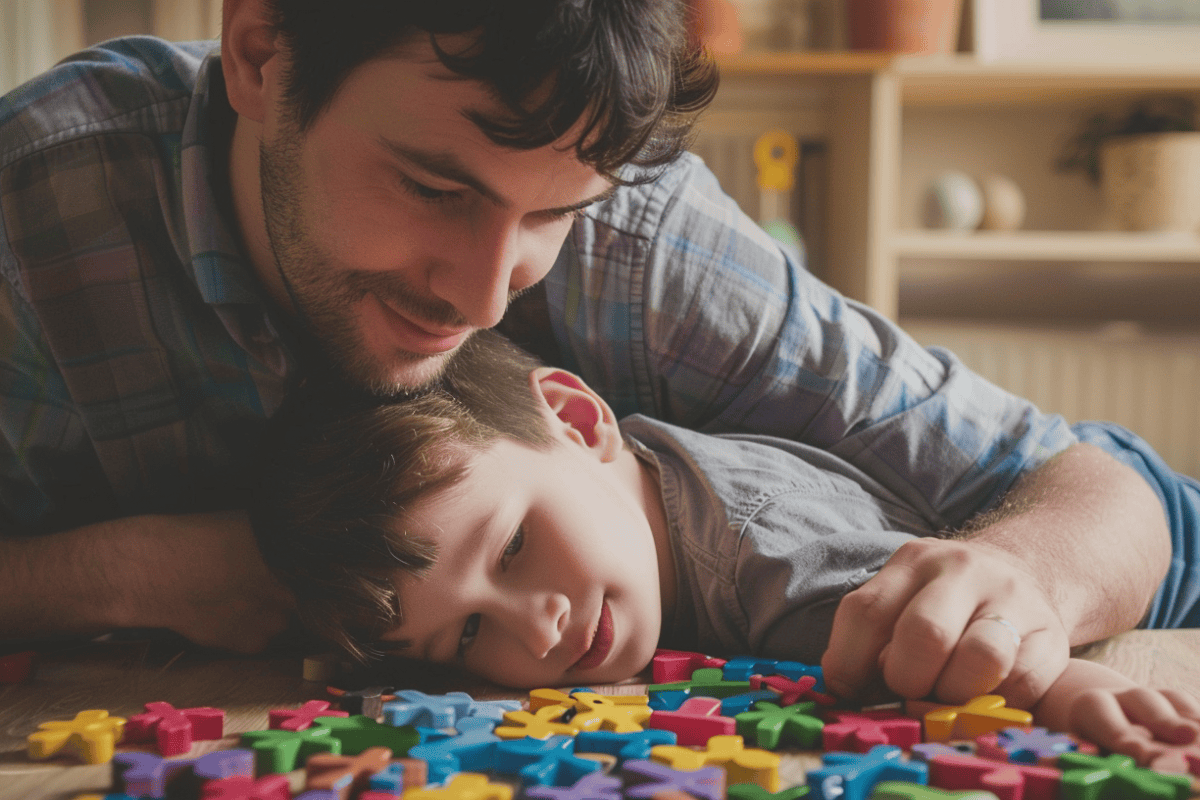Childbirth can be an overwhelming experience for both moms and infants, even when everything goes perfectly. Sadly, medical concerns during pregnancy or complications during labor and birth can result in birth injuries, which can have a long-term or irreversible effect on a child’s wellbeing. One problem that parents may experience is their child developing hearing loss due to a birth injury.
What Causes Infant Hearing Loss?
Understanding the causes of hearing loss can assist parents in determining the best course of action and ensure that their kid receives the care and treatment they require. Hearing loss affects children in the majority of cases due to genetic inheritance. Doctors should constantly monitor the child during pregnancy if either parent has one or maybe more family members who are deaf or have suffered hereditary hearing loss.
Non-genetic hearing loss, on the other hand, is frequently the result of a child’s exposure to trauma during pregnancy or delivery. Birth injuries can occur for a variety of reasons and are generally avoidable. If your kid suffered an avoidable birth injury, you might be entitled to file a negligence lawsuit against the doctors who caused the trauma. Having a birth injury lawyer on your behalf is critical to your child’s recovery. Your child may require significant financial resources in the near future. After a catastrophic birth injury, a birth injury lawyer may be able to assist you in obtaining the funds you want and holding negligent doctors accountable.
Let’s take a look at a few of the birth injuries that might result in hearing loss.
1. Birth Asphyxia
Asphyxia occurs when your body does not receive enough oxygen to keep you alive. It’s a life-threatening circumstance. During pregnancy, an unborn child may receive insufficient oxygen. This could occur due to a shortage of oxygen in the mother’s blood or issues with the placenta.
Moreover, the baby may potentially be deprived of oxygen during delivery due to umbilical cord issues or lengthy labor. If the child’s oxygen supply is cut off during labor and delivery, the child’s brain can suffer major harm. Due to damage to the inner ear, this might result in sensorineural hearing loss, sometimes known as “nerve deafness.”
2. Infections
If a mother contracts an infectious condition during pregnancy, such as cytomegalovirus (CMV), or rubella, it can affect her child’s hearing development. Infections like group B streptococcus (GBS) and herpes can cause hearing loss in children if they are transferred to them during pregnancy or delivery. Some infections can induce meningitis, which damages the brain system and causes hearing loss in children. Prenatal care and being up to date on all vaccines can make a big impact in lowering this risk. Low birth weight and premature birth are two other risk factors for infant hearing loss that can be avoided with proper prenatal care.
3. Jaundice
If severe jaundice stays undiagnosed for an extended period of time, it can lead to a condition known as kernicterus. Kernicterus is a form of brain injury induced by high amounts of bilirubin in a baby’s bloodstream. If a child’s liver isn’t working properly because of jaundice, they may have excessive amounts of bilirubin in the bloodstream. Jaundice can cause sensorineural hearing loss if it is not properly treated. That is why, after the baby is born, hospital staff should look for indications of jaundice and make sure the kid gets the proper treatment.
4. Premature Birth
Ear problems are common in premature babies. Some neonates are born with both hearing and vision abnormalities. While some may have vision problems but not hearing issues. One of the most prevalent birth defects in preterm newborns is hearing loss. According to the American Speech-Language-Hearing Association (ASHA), hearing loss affects one to three out of every 1,000 children, according to the American Speech-Language-Hearing Association (ASHA). If a kid is born prematurely or with low birth weight, they are more prone to sustain injuries during birth that could result in hearing loss. In some cases, premature babies may also suffer hearing loss at a later age.
5. Bacterial meningitis
Bacterial meningitis is an infection of the tissues that surround the brain and spinal cord that can be fatal. In older infants and children, bacterial meningitis is caused by germs carried through the respiratory system, but in newborns, it is caused by a bacterial infection in the bloodstream. Bacteria from the birth canal, most usually group B streptococci, are the bacteria that cause the infection in newborn babies. Meningitis is nearly typically caused by a bacterial or viral infection that starts in another part of your body, such as your ears, sinuses, or throat. You may be able to avoid getting infected with the viruses or bacteria that cause meningitis. To avoid infection, follow these guidelines:
- Don’t share toothbrushes, dining utensils, or lipstick.
- Cover your mouth and nose if you cough or sneeze.
- If you’re pregnant, eat well-cooked food. Avoid foods made with unpasteurized milk.
Conclusion
Families are likely to go through a roller coaster of emotions in addition to stress, ranging from grief to fear to acceptance. Hearing loss, after all, affects every family member because families are built on communication. To avoid birth injuries, take the necessary steps and make sure your infant attends all of their planned appointments. These visits will aid their pediatrician in detecting any problems early on and ensuring that your kid receives the best care possible for a healthy start.
This is a sponsored post
Digital Health Buzz!
Digital Health Buzz! aims to be the destination of choice when it comes to what’s happening in the digital health world. We are not about news and views, but informative articles and thoughts to apply in your business.


